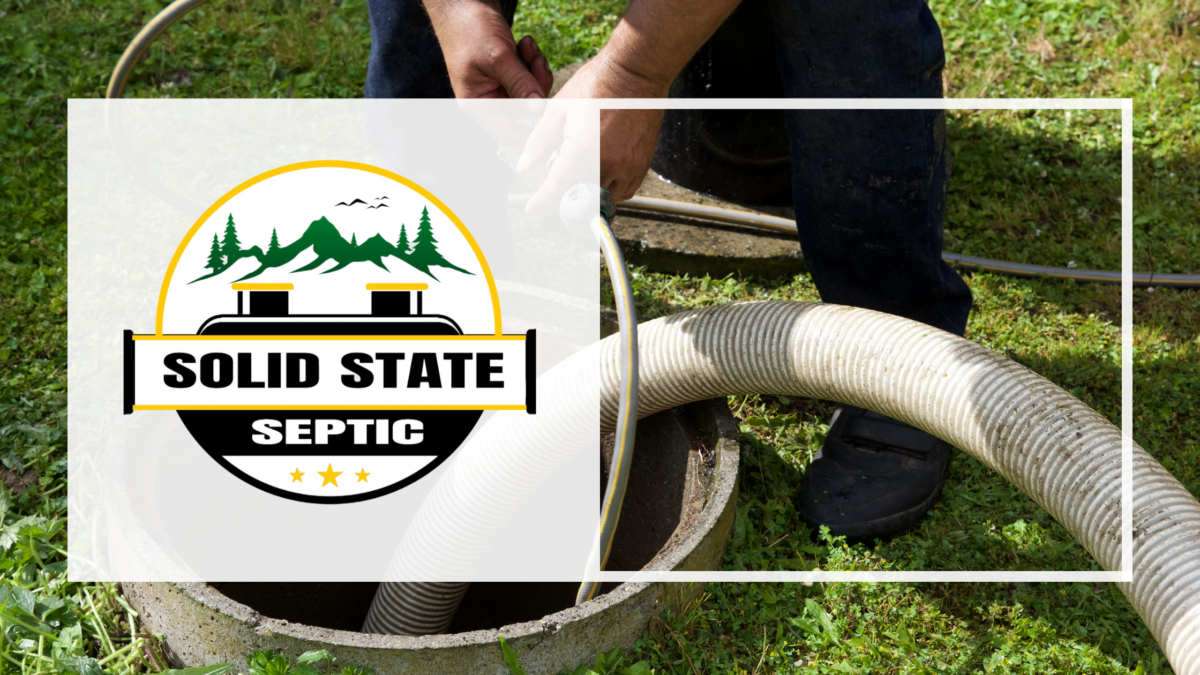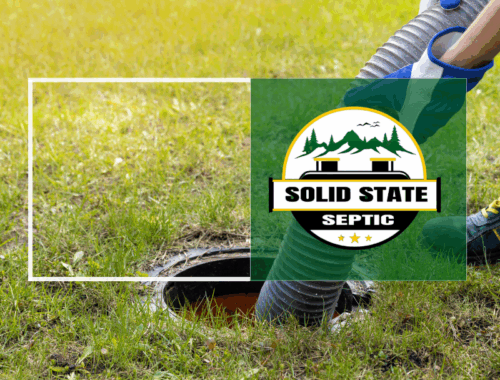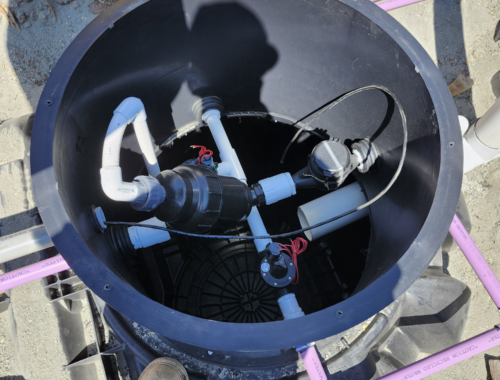A septic tank is a crucial part of a home’s wastewater system, and proper maintenance can significantly extend its lifespan. The average septic system lasts between 15 to 40 years, but neglect can lead to costly repairs or even premature replacement. Here are ten essential tips to keep your septic tank functioning efficiently for years to come.

1. Pump Your Tank Regularly
The U.S. Environmental Protection Agency (EPA) recommends that homeowners pump their septic tank every three to five years, depending on usage and household size. Regular pumping prevents solids from accumulating and clogging the system.
2. Watch What You Flush
Avoid flushing non-biodegradable items such as wipes, paper towels, feminine hygiene products, and grease. These materials can create blockages and disrupt the natural bacterial balance within the tank.
3. Use Water Efficiently
Excessive water use can overwhelm your septic system. Simple changes like installing low-flow toilets and fixing leaks can help reduce strain on the tank, extending its lifespan.
4. Maintain Your Drainfield
The drainfield is an essential part of your septic system. Avoid parking vehicles, planting trees, or placing heavy structures over the drainfield to prevent damage to pipes and soil compaction.
5. Avoid Harsh Chemicals
Household chemicals like bleach, paint, and pesticides can kill beneficial bacteria in your septic tank. Instead, opt for septic-safe cleaning products.
6. Direct Rainwater Away from the Drainfield
Excess water from roof drains or landscaping should be diverted away from the drainfield to prevent flooding and ensure proper wastewater treatment.
7. Schedule Routine Inspections
A professional inspection every one to three years can identify potential issues before they become costly repairs. Early detection of leaks, blockages, or structural issues can extend the life of your septic system.
8. Use Septic-Safe Additives
While most septic systems function fine without additives, some bacterial additives can help maintain the microbial balance in your tank, improving its efficiency.
9. Be Mindful of Garbage Disposal Use
Frequent use of a garbage disposal can introduce excessive solids into the system, increasing the need for pumping. Composting food waste instead can reduce strain on your septic tank.
10. Know the Warning Signs
Slow drains, sewage backups, foul odors, and pooling water near the drainfield are signs of a failing system. Addressing these issues promptly can prevent major damage and costly repairs.
By following these tips, you can maximize the efficiency and longevity of your septic tank, saving thousands in repairs and ensuring a healthier home environment.




